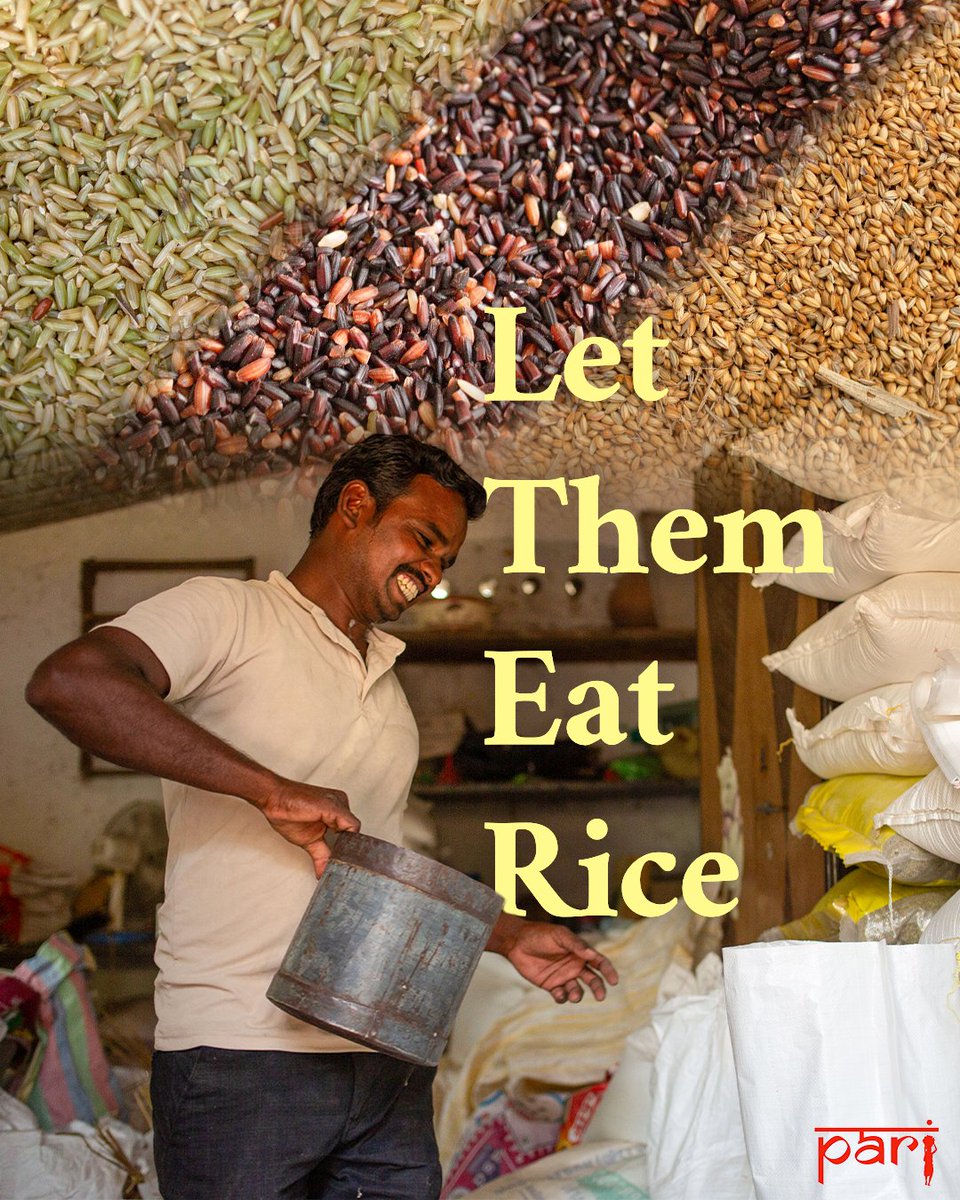The global Multidimensional #Poverty Index (MPI) was developed for @UNDP flagship Human Development Report in 2010. It calculates ‘multidimensional poverty’ using 10 indicators that fall under 3 dimensions of poverty – #health, #education and standard of living. 

It compares the multidimensional poverty of 101 countries and 5.7 billion people, and monitors change over time. This 2019 report says that while #poverty is often defined by #income, it can also be defined in terms of the deprivations people face in their daily lives.
The report says that 1.3 billion people worldwide are poor based on values arrived at using the MPI. Of these 1.3 billion people, more than 2/3rds – 886 million people – live in middle-income countries, where the per capita gross national income is btw US$ 1,006 & US$ 12,235.
84.5 per cent of the 1.3 billion people experiencing multidimensional poverty live in Sub-Saharan #Africa and #SouthAsia. In South Asia, 22.7% of #children under #five live in households in which at least one child is malnourished.
9% of South Asian #boys from ‘multidimensional poor’ households are out of #school, compared to 10.7 per cent of girls from such households.
The report draws data from a larger OPHI study on multidimensional #poverty in 10 countries. The data shows that, over time, the MPI #values in India, #Bangladesh and #Cambodia reduced the fastest, and within India, they reduced the fastest in #Jharkhand.
The report also demonstrates that the intensity of #poverty experienced by poor #people varies across countries, even if they have similar MPI values.
It specifically highlights #child #poverty in South Asia and analyses data on nutrition, school attendance and years of schooling from a study supported by the United Nations Children’s Fund. You can read the full report here: ruralindiaonline.org/library/resour…
• • •
Missing some Tweet in this thread? You can try to
force a refresh






















